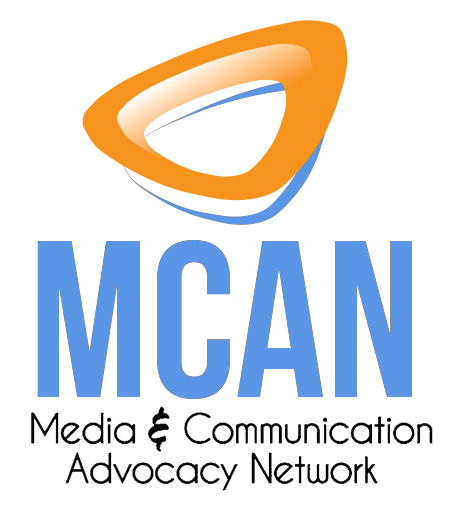By Samira Larbie/ Jibril Abdul-Mumuni
Accra, May 27, GNA – Dr. Charles Abani, the United Nations (UN) Resident Coordinator to Ghana, has called for the upgrading of the capacities of health facilities to do obstetric fistula repairs in the county.
He said there was also the need to scale up specialist surgeons, resource health facilities in areas where the condition was prevalent and improve monitoring to ensure effective identification and treatment.
The UN representative made the call at a commemorative event organised by the United Nations Population Fund (UNFPA) to mark the International Day to End Obstetric Fistula in Accra.
The Day, which is commemorated annually on May 23 to throw more light on Obstetric Fistula was on the theme: “20 Years on – Progress but not Enough! Act Now to End Fistula by 2030.”
Obstetric Fistula (OBF) is a medical condition in which a hole develops between the vagina, rectum, and bladder as a result of prolonged delivery.
A total of 50, 000 to 100, 000 women suffer from the condition globally.
Research indicates that approximately 1,300 new cases of OBF occur in Ghana every year occurring in 1.6 and 1.8 per 1000 births.
Dr Abani said despite the progress made thus far in the fight to end OBF, there were lingering challenges that bedeviled the progress made.
The lingering challenges were the lack of recent data on OBF since the last research was conducted in 2015; the deficient number of facilities and specialists to conduct repair surgeries.
He said Ghana repaired between 50- 100 cases a year as against the 1,300 cases, an indication that a huge gap was left for more OBF repairs annually.
He said to expand the capacities of health facilities there was the need to strengthen partnerships among all stakeholders, mobilise to support interventions, repairs and prevention, investment in research, and social and economic integration of women and girls affected by obstetric fistula.
Ms. Ingrid Mollestad, the Norwegian Ambassador to Ghana, speaking on the devastation the condition brings to sufferers, said more could be achieved through strengthened health systems and intensified efforts to encourage more women to seek treatment.
She called for partnerships to take stock and the urgent need to end OBF by 2030.
Dr. Wilfred Ochan, the UNFPA Representative, commended the Ghana Health Service (GHS), Ministry of Health, and the Norwegian Embassy for their support in making the 2023 edition of the International Day to End Obstetric Fistula a success.
He called for deeper partnerships to invest more in preventing, treating, repairing, and supporting integration survivors of OBF in Ghana.
‘’I wish to extend heartfelt gratitude to the Norwegian Ambassador, and I acknowledge the leadership of Ghana Health Service, and the Ministry of Health I thank all our partners for their commitment and support and all the organisations who have been working tirelessly in the field of obstetric fistula in Ghana.’’
Dr. Kofi Issah, the Director of the Family Health Division GHS, during a panel discussion, appealed to religious bodies to desist from attempting to ‘’ heal’’ women who are suffering from the condition as treatment could only be achieved through medical processes.
He also appealed to the media to improve sensitization and awareness about obstetric fistula on all of their platforms.
Mrs. Matilda Asante Asiedu, Group Head, Retail Banking, Access Bank, speaking on the support her firm had assisted persons with the condition so far, called for a national campaign to create the needed awareness on OBF.
The event was graced by dignitaries, health professionals, survivors of OBF, and a person living with the condition yet to undergo repair surgery. They shared their experiences.
GNA
Listen to the audio story below:

